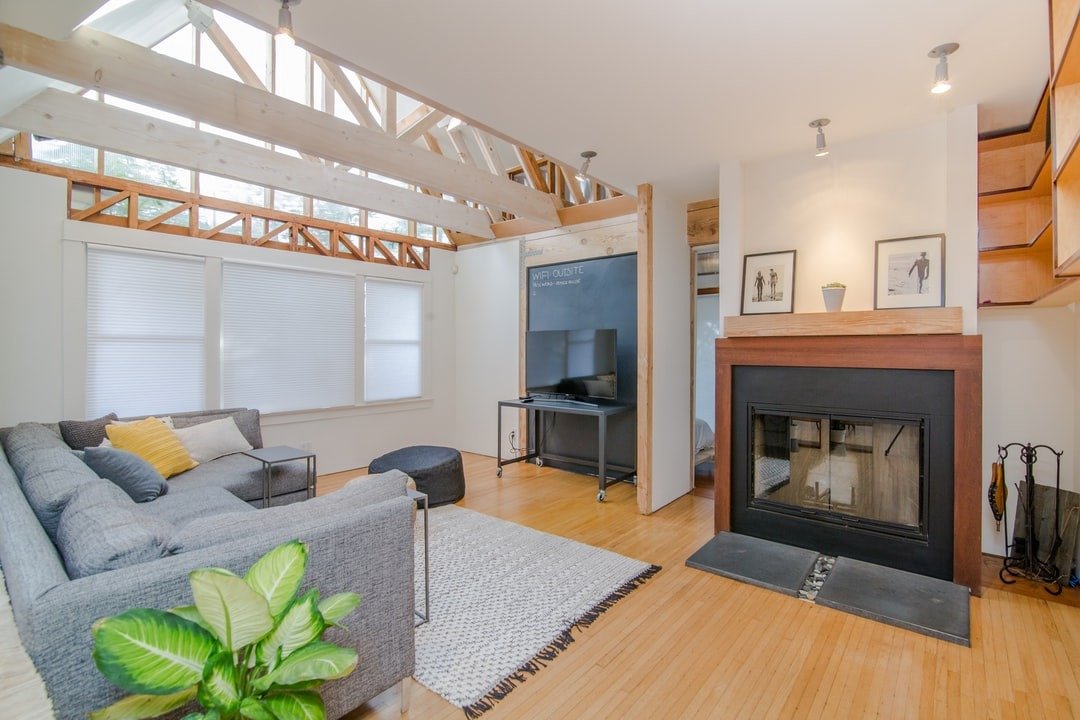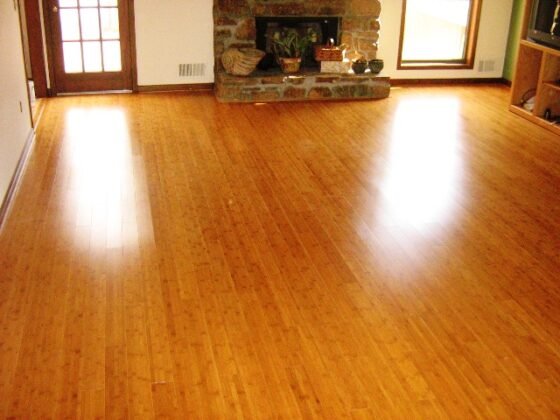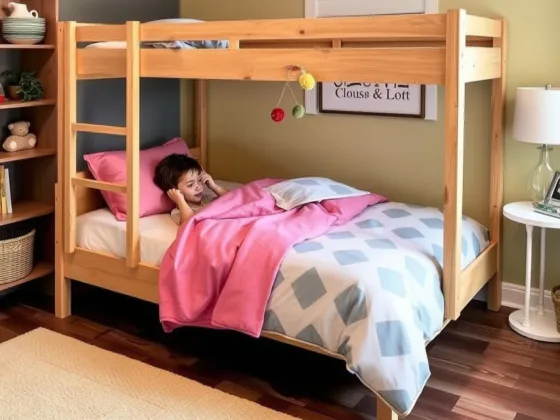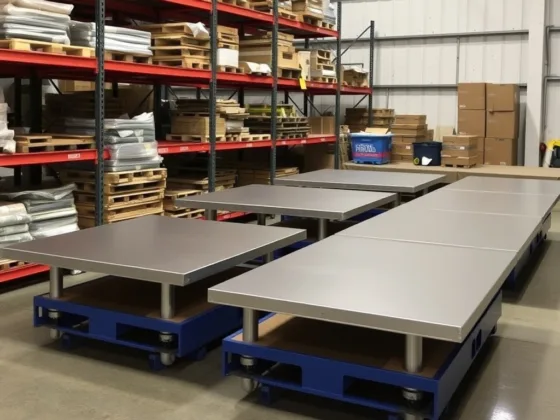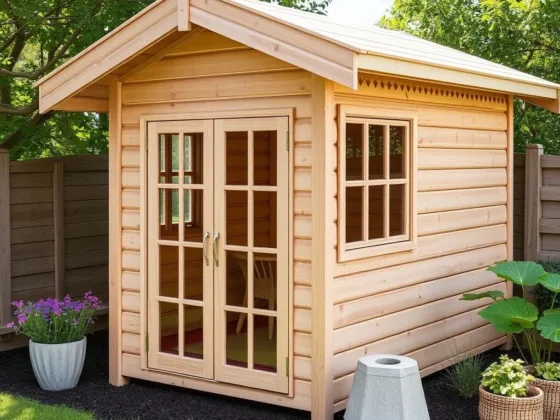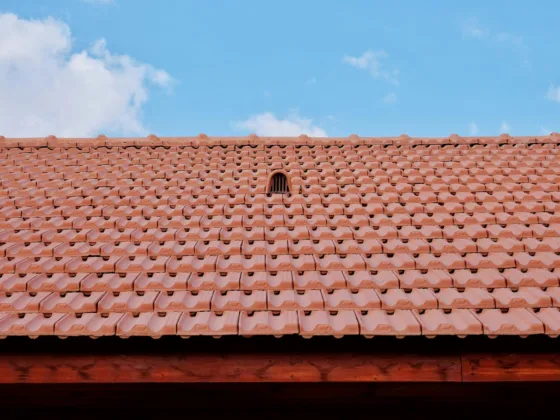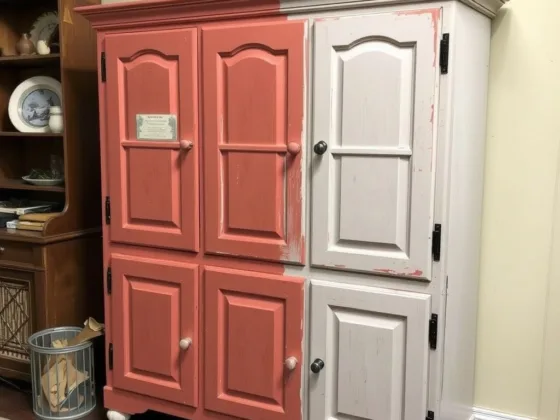It is extremely important to replace your air filter on a regular basis. A clogged air filter can cause your furnace to work overtime and can even lead to a breakdown.

By replacing your air filter regularly, you can keep your furnace running smoothly and help to ensure that your home is properly ventilated.
If you’re a first-time owner, you may not know what to do to protect your HVAC system. Fortunately, there are a number of resources online that can teach you what you need to know. Read on if you want to find out about some of the benefits of regularly replacing your air filter.
What are the Benefits of Regularly Replacing your Air Filter?
A clogged air filter can affect your home’s air quality and trap pollutants and allergens. A dirty air filter can also decrease your furnace or air conditioner’s efficiency and increase your energy costs.
Most experts say your filter needs to be replaced at a minimum once every three months. Replacing your air filter every month can help improve your home’s air quality and increase your furnace or air conditioner’s efficiency. It’s also better to replace your filter more often if you’re a pet owner, live in an area with poor air quality, or have allergies.
There are many benefits to regularly replacing your air filter. One that should matter to everyone is improved comfort levels. A clean air filter keeps the air in your home or office clean and free of pollutants.
Read Also:
This means you and your family or employees can breathe easier and stay healthy. A clean air filter also helps your heating and cooling system run more efficiently, so you can save money on your energy bills.
A dirty air filter can cause your system to work harder than necessary, and it can also lead to decreased system performance and shorter system life. That’s why you have to replace your air filter on a regular basis.
Most filters should be replaced every three months, but you may need to replace them more often if you have pets or if you live in a dusty area. The average lifespan of an HVAC system is ten to fifteen years, so if you’re experiencing consistent problems with a system that is over a decade old, it may be time to think about a replacement.
Why is Indoor Air Quality so Important?
Poor indoor air quality can have a serious impact on your health. There are a variety of factors that can contribute to poor indoor air quality, including mold, asbestos, pet dander, and chemical pollutants.
These pollutants can cause a variety of health problems, including respiratory problems, eye irritation, and even cancer. If you are concerned about the air quality in your home, take action to improve it. Poor indoor air quality can have a serious impact on your health, so it is essential to do what you can to protect yourself and your family.
You can improve air quality by making sure that your home is clean. Dust and other pollutants can build up over time, and this can cause problems for your respiratory system.
Make sure to clean your home regularly and get rid of any clutter that might be collecting dust. Another thing to keep in mind when it comes to indoor air quality is the use of chemical products.
Many common household products, such as air fresheners and cleaning products, contain harmful chemicals that can pollute the air. Try to use natural alternatives whenever possible, and if you must use a product that contains chemicals, make sure to ventilate the room well.
Air quality should be more of a priority for homeowners, considering how central it is to protect our health and wellness in our homes. The good news is that there’s a lot you can do to improve the quality of your indoor air.
Regular HVAC maintenance, including filter changes, will be necessary to keep your system operating at peak performance. Keeping your home clean, using fans to increase ventilation, and reducing the number of chemicals you use to clean your home are also all beneficial for your home’s air quality.
